CBC’s Newest Hit Sitcom Features a Transgender Lead, And It Is Sort Of Brilliant
Bilal Baig (Courtesy of CBC)
It’s hardly a secret that LGBTQ2S+ representation in television is mostly terrible. Far too often, queer characters on TV are poorly written and one-dimensional, serving little purpose to the narrative other than to perpetuate outdated stereotypes, or serve as a target of tragedy and discrimination. Even a majority of shows that centre around queer-identifying characters tend to represent a narrow margin of the community.
Given the status quo of queer entertainment, I was obviously skeptical last year when I received a casting call for a small role in an upcoming production. The role was for a transgender woman, which in production speak often translates to either “sex-starved party addict”, “emotionally unstable victim”, or “washed-up corpse of a sex worker at a crime scene”. However, when I received the casting sides for Sort Of, I sensed that, even in the few pages of dialogue I was given, there was something unique about this production. I was instantly enamoured with the project. For the first time, I got to read for roles that were honest, complex, and not even explicitly trans!
I was not cast in any of the roles I had auditioned for, but I was given the opportunity to work with the stunt team for a day (watch closely and you can spot me in a flashback scene racing Bessy on a bicycle). When I worked on set, I got to see trans people in every department; everyone was respectful and welcoming, and the entire production simply felt better. And I can’t even begin to describe what it meant to see Bilal Baig, the trans co-creator and co-writer of the show, giving direction behind the monitors.
From creators Bilal Baig and Fab Filippo, Sort Of is a sitcom that stands out in refreshing contrast to the Drag Races, L-Words, and Queer Eyes of popular television. The story centres around Sabi, a genderfluid Pakistani-Canadian struggling with their intersecting identities and millennial woes. Visible, yet beautiful, and infectiously likeable, Sabi is refreshingly honest and unapologetic portrayal of contemporary transness as it relates to the many aspects of their life. The series is about transition, first and foremost, among many aspects of life – with many of its characters navigating changes in love and sexuality, careers, family structures, and interpersonal relationships – doing so in a heartfelt and thought-provoking story that reminds us that we are all in transition. As Sabi finds themself at many intersecting crossroads in life, the series explores how their interpersonal relationships have shaped them as much as their gender identity has shaped these dynamics.
I can’t express this following thought with enough emphasis. Sort Of is the first time I’ve seen someone like myself so comprehensively depicted on screen; and I watch a lot of queer content. As a transgender millennial living in Toronto, the community depicted in this series is very much my own. From the streets and locations that set the stage for the series, to the demographics and socioeconomic imbalance of the cast of characters, to the familiar faces of real-life friends and colleagues that colour the backgrounds, this series is sort of my own life. And for the first time, there’s a major trans character that I can relate to in a multitude of aspects beyond our common experience of gender.
As a trans woman, Sort Of spoke to my own experience in a groundbreaking way. While most trans characters in television and film find their transness pitted against them in every conflict, Sort Of positions gender as only one aspect of a complex, multifaceted identity. Sabi’s character speaks to a much larger audience than most trans characters in television and film, of which there are still remarkably few. After the mother of the children they nanny is injured in a serious bike accident, Sabi finds themself in over their head as an impromptu primary caregiver, they must face the challenges of caring for their reluctantly chosen family. This impacts their relationship with their mother as well; while affected by accidentally outing themself to her, the mother’s deeper concerns are for Sabi’s safety, their relationship with their Pakistani culture, and their career choices. Even their intimate relationships utilize transness as a vehicle to explore the many nuances of sexuality and romantic love in the larger context of queerness without explicitly relying on transness as the issue.
Throughout Sort Of, transness takes a back seat to the experiences of a complex character dealing with the many intersections of life. Their gender never places itself as the explicit catalyst of their conflicts, but rather a lens with which to explore a multitude of complex relationships. And while their character speaks so strongly to my own truth as a trans person, I believe that this resonance is something universal. I have faith that most people who watch this series will connect with the story just as strongly – whether trans or cisgender. While far too many stories choose between telling authentic stories to a niche audience, or diluting queer identities to avoid isolating mainstream audiences, Sort Of accomplishes the ambitious task of traveling along both lanes.
There are, however, a plethora of queer-referential ‘easter eggs’ hidden throughout the show that queer audiences can indulge in. For instance, it cleverly depicts the queer community with a tongue-in-cheek sense of self-deprecating humour. Perhaps my favourite moment of the series follows Sabi’s challenge of finding a replacement bartender at their LGBTQ2S+ bookstore/bar (known to Torontonians irl as the landmark Glad Day Bookshop, the world’s oldest queer book store). Throughout this scene, Sabi interviews many applicants who bring plenty of queerness to the interview, but very little else. This seems to be an admission that many of us are afraid to publicly admit: the LGBTQ2S+ community can be absolutely insufferable!
This is the beauty of this series. Much like the Sabi’s bartender search, Sort Of itself is looking to fill a necessary void in television, and simply being queer for the sake of queer is no longer enough. Queer television needs to break away from being self-serving, and instead tell the stories of queer people in the context of much larger narratives. Sort Of gracefully carves out space for itself in an imperfect world of mainstream entertainment that still feels the need to tokenize our identities. Ideally, a sitcom can exist that includes trans actors playing roles in which their identity is circumstantial. We’re certainly not there yet; but until we are, I would love to see more shows like this one.
Sort Of premiered October 5, 2021.
Stream Season 1 on CBC Gem.
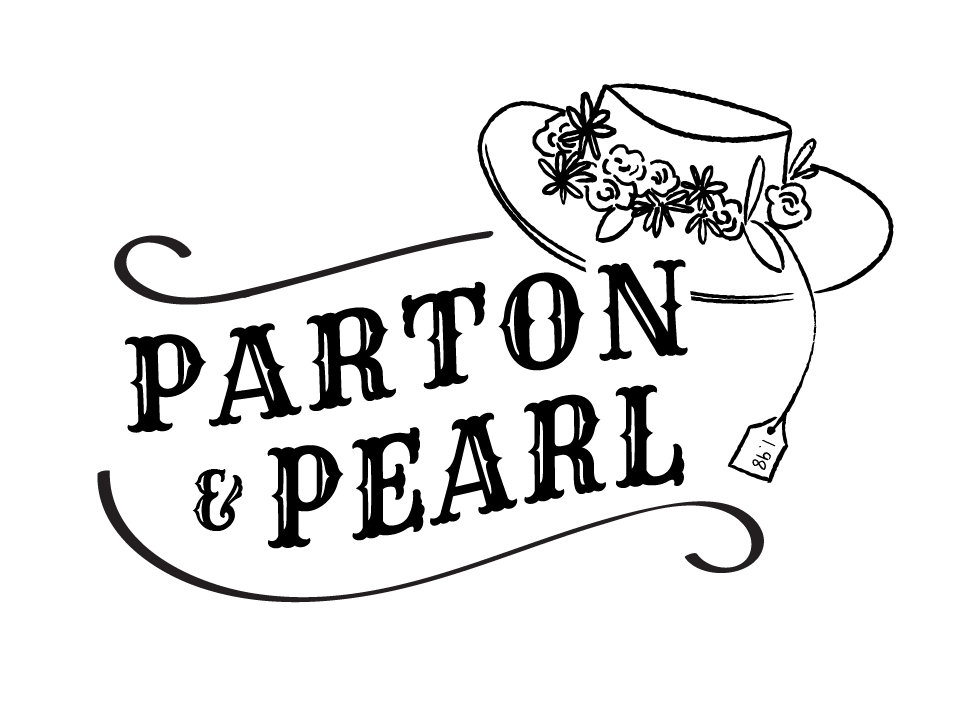
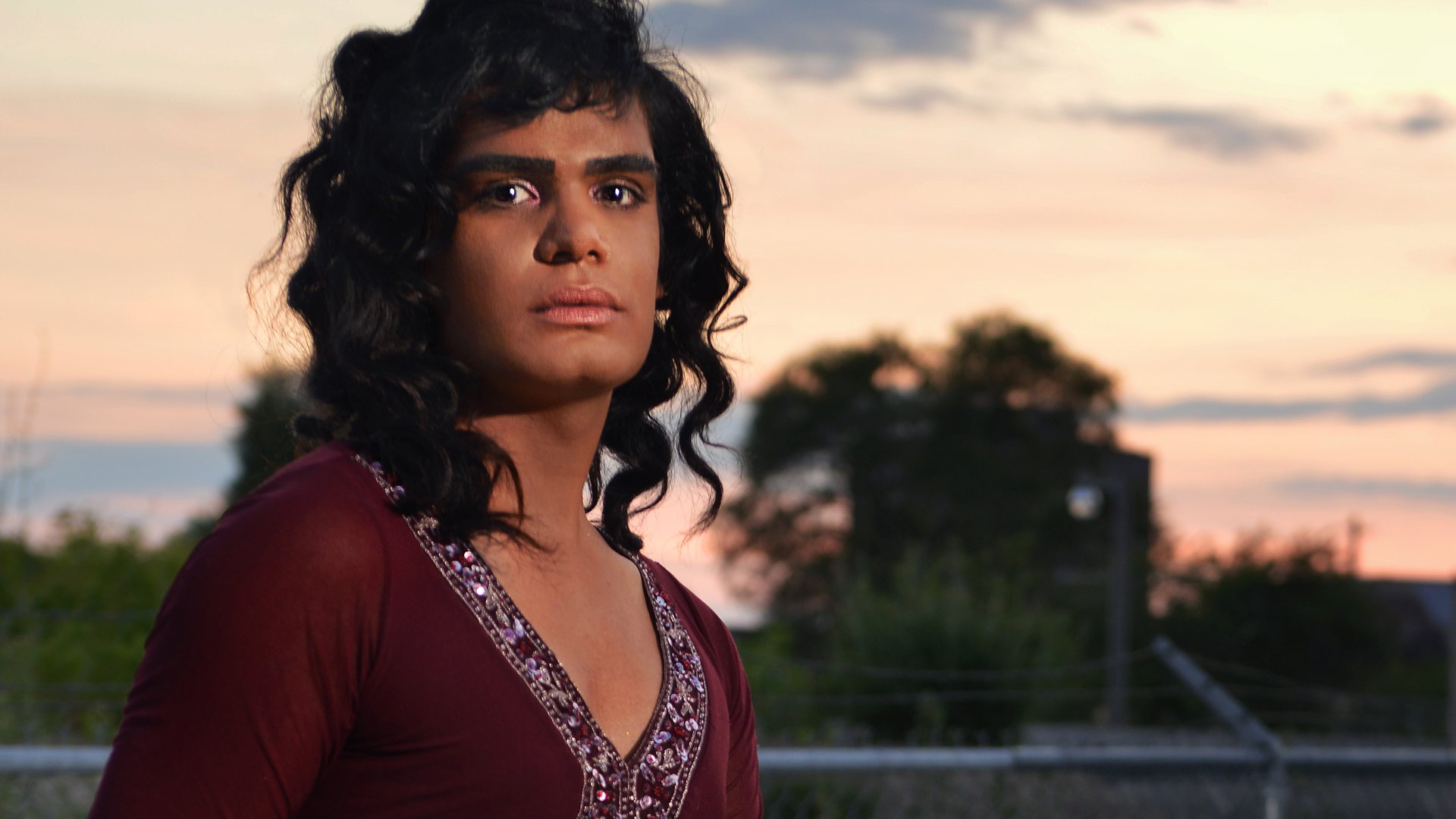
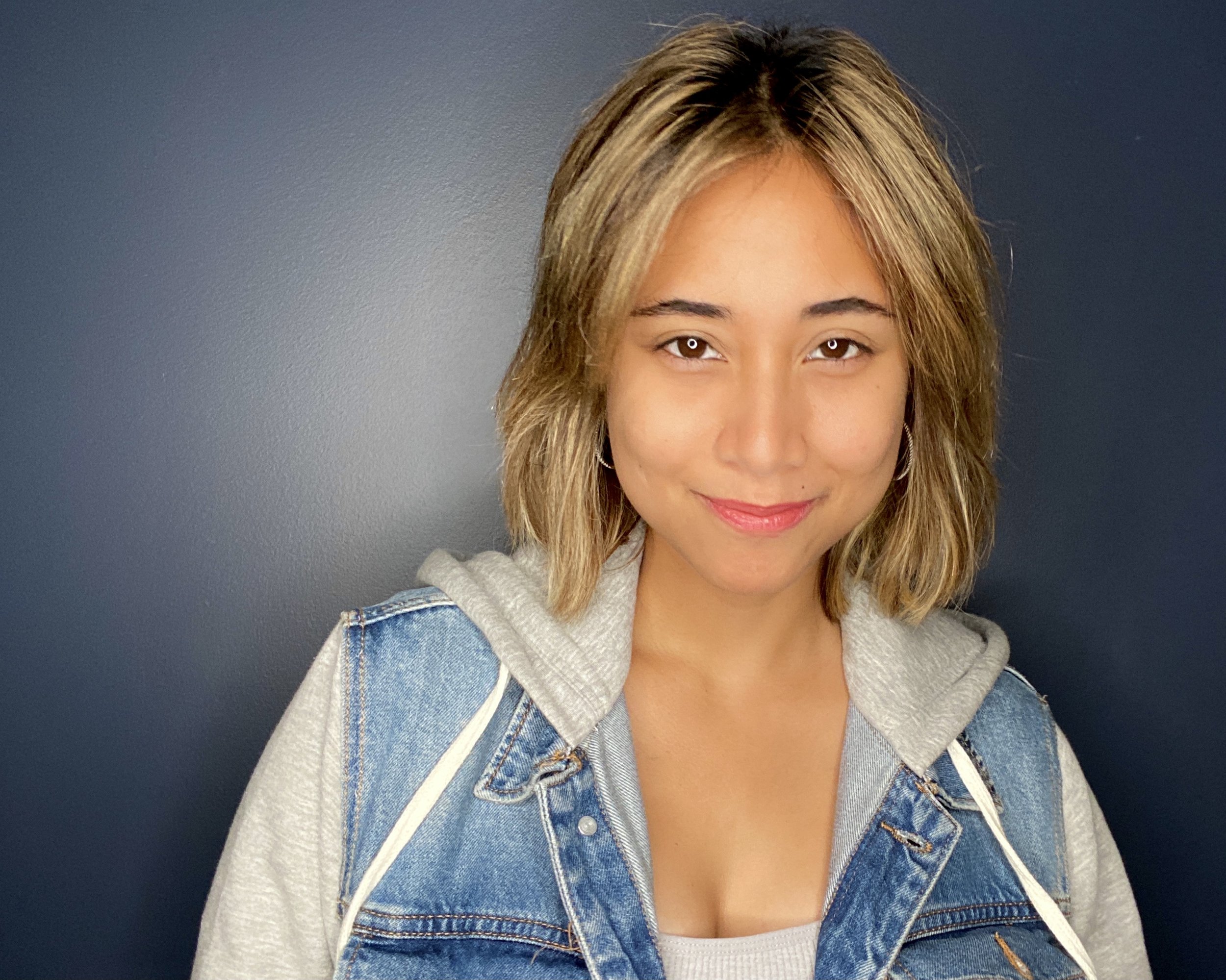

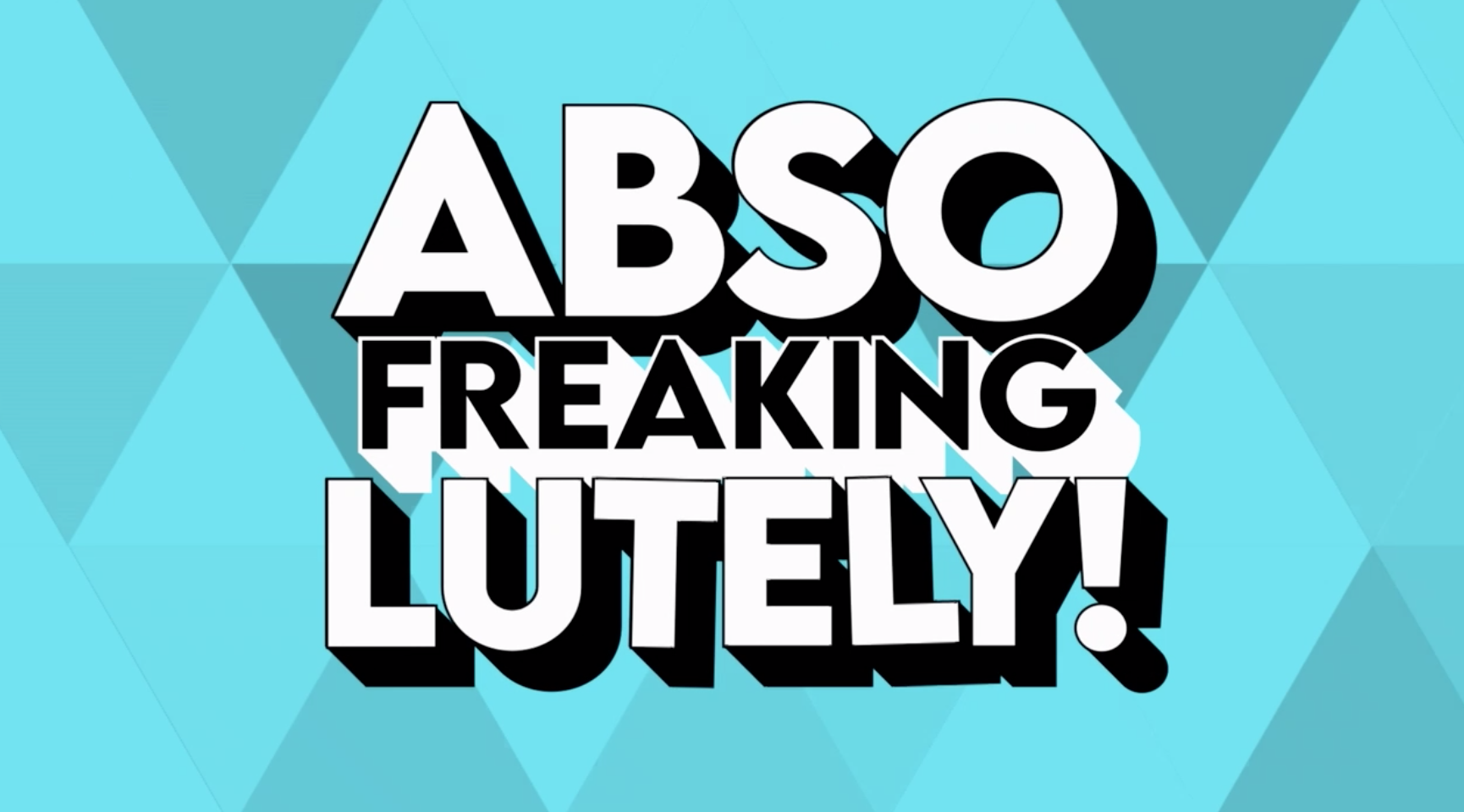
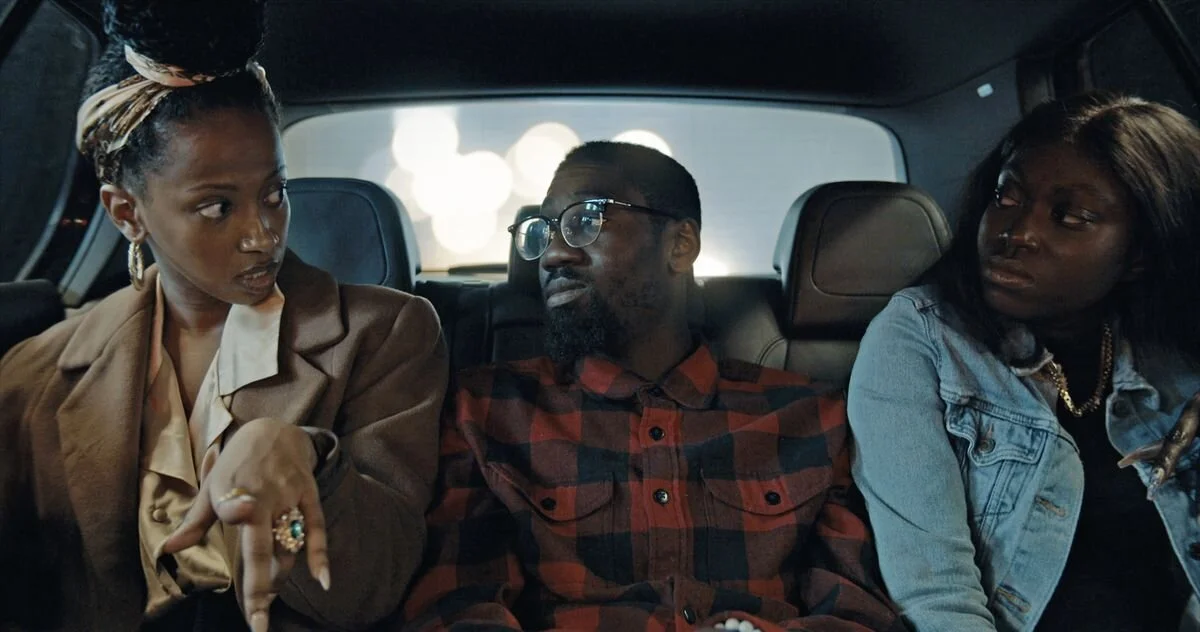
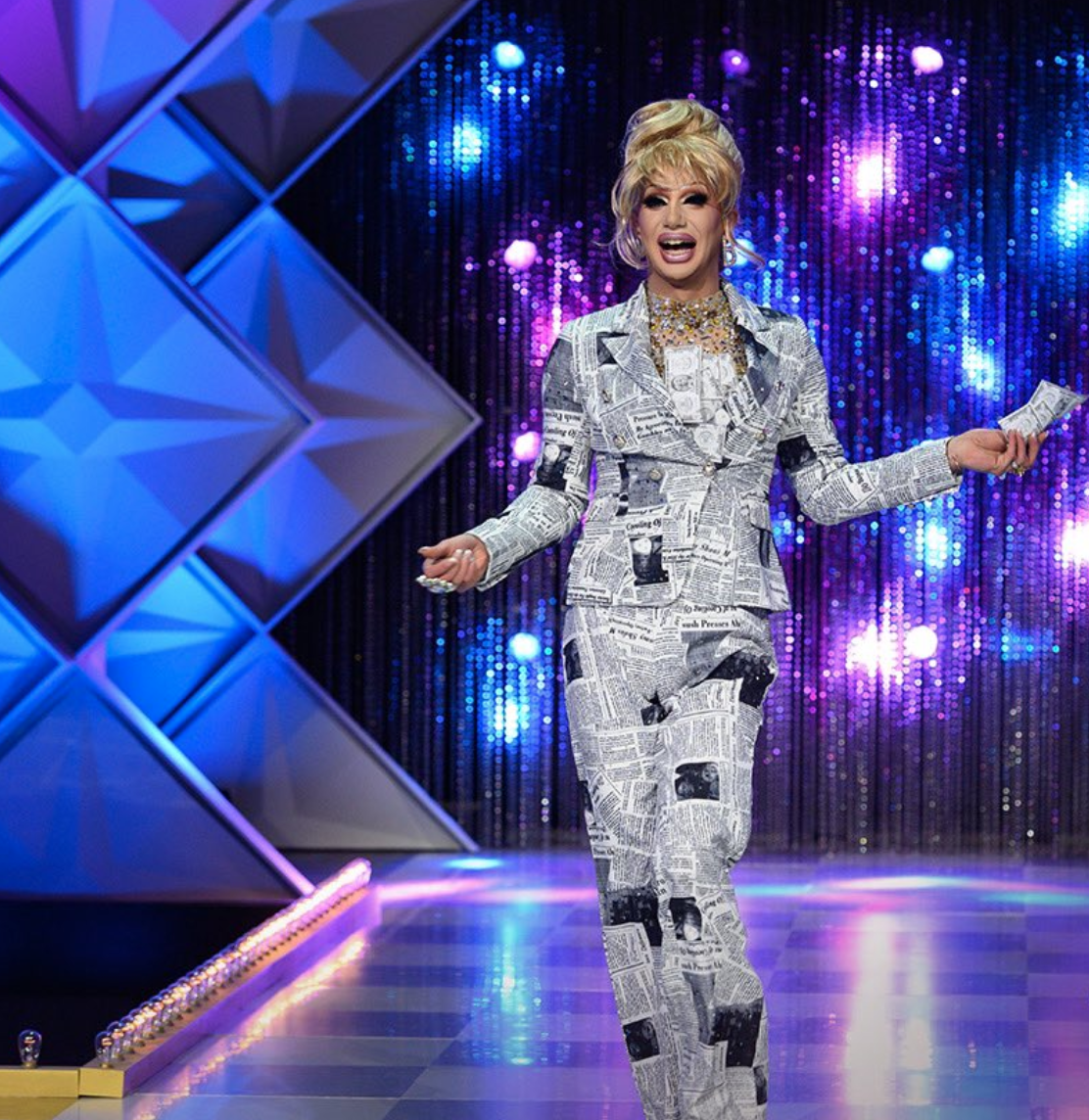
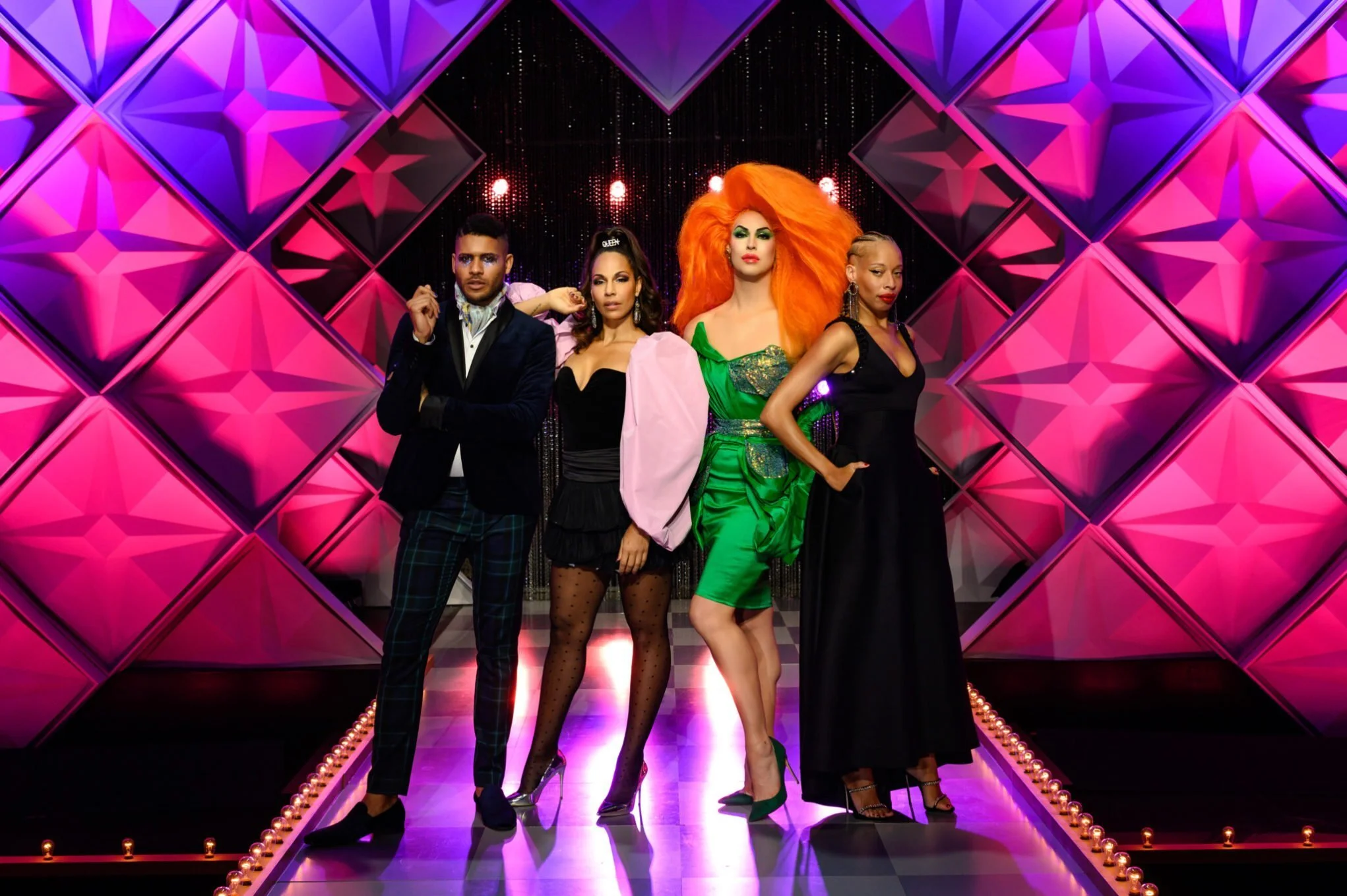
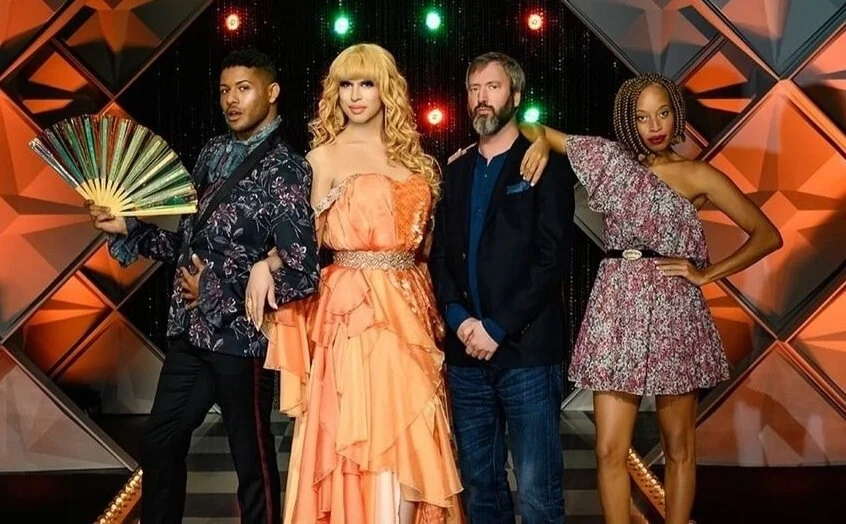
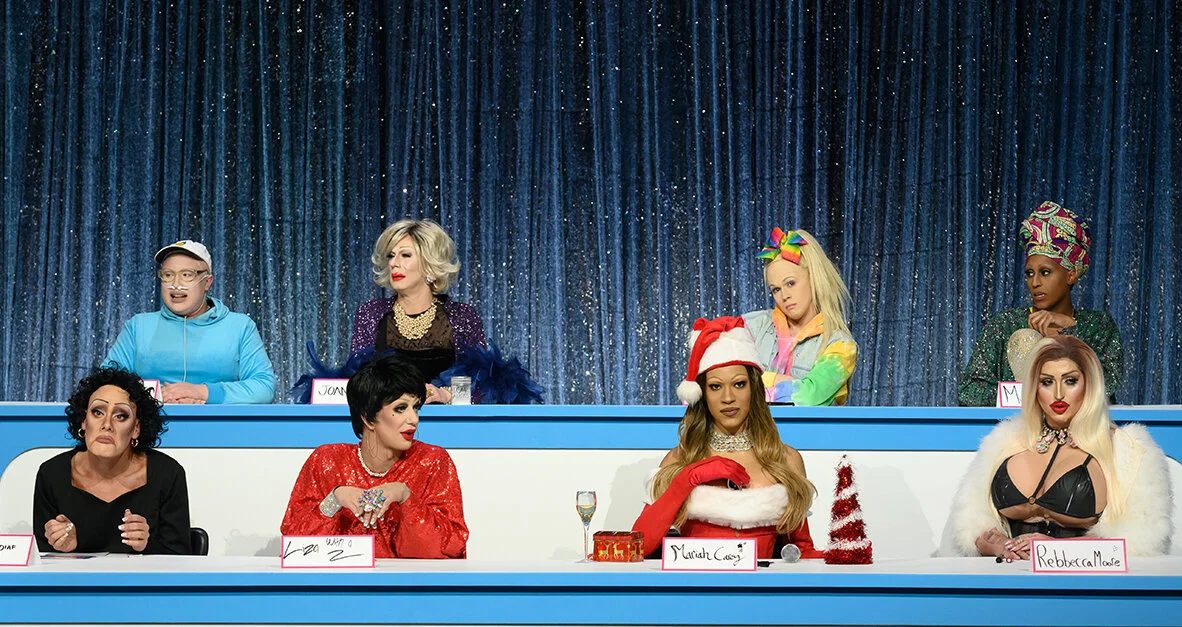
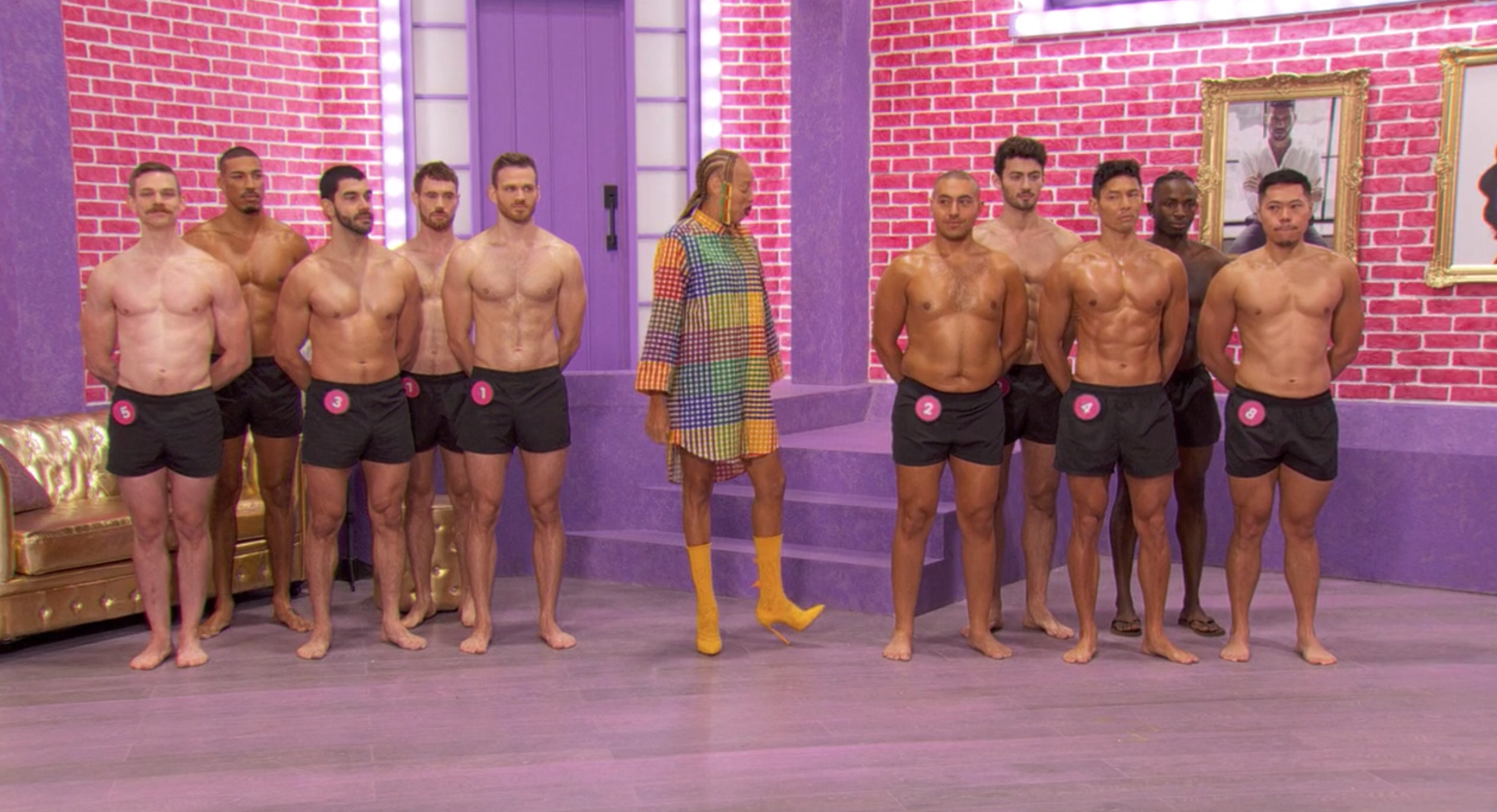
All-new episodes September 6, 2024 on CBC Gem.